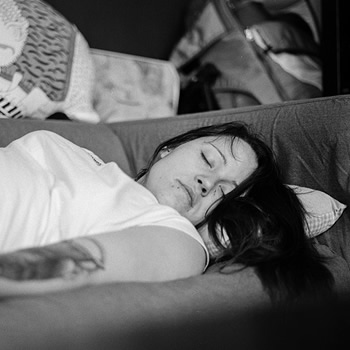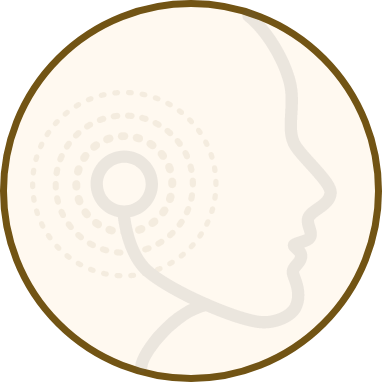 Breathing disturbances such as obstructive sleep apnoea are not always obvious. Symptoms such as snoring may not even be noticeable unless your sleep partner is aware and communicating them to you. In fact, sleep apnoea can be totally silent.
Breathing disturbances such as obstructive sleep apnoea are not always obvious. Symptoms such as snoring may not even be noticeable unless your sleep partner is aware and communicating them to you. In fact, sleep apnoea can be totally silent.
Other symptoms may feel completely normal, simply because you’ve become accustomed to them over time. But in reality, your body is trying to tell you something is wrong.
If you’re hesitant about having a sleep study done or seeing a specialist about your apnoea, start paying attention to your body. Take note if you experience the following warning signs.
A Large Neck Circumference: Excess skin and fatty tissue in your neck — along with enlarged tonsils and weight gain — are a red flag for an underlying sleeping disorder.
Flat, Worn Teeth: When you’re fighting for air, your jaw will tend to clench, causing teeth to rub against each other. Over an extended period, the enamel will wear down and leave sharp, jagged surfaces behind.
Waking with a Headache: Oxygen deprivation and muscle tension in your face, head and neck can lead to chronic headaches and migraines.
Acid Reflux: As your body fights for oxygen while you sleep, symptoms of gastrointestinal distress may accompany snoring or gasping for air.
High Blood Pressure: The stress your body goes through when it doesn’t get enough sleep and correct oxygen levels can affect your cardiovascular health.
How to Manage a Sleeping Disorder
The best approach to managing a breathing disorder such as obstructive sleep apnoea is from a holistic standpoint. Consider your underlying health, oral anatomy and how all of these factors come together. You then can take a straightforward approach to treating the cause and symptoms.
At TMJ Therapy Centre we use a minimally invasive approach that includes custom oral appliances. The device is fitted to your unique mouth and positions your jaw in a way that facilitates a larger airway opening in the back of your throat. In most cases, our patients use their oral sleep aid instead of (or to replace) a CPAP machine. We work closely with your specialists and physicians to ensure an oral appliance is a suitable substitute for your CPAP. As always, each person is individually assessed and treatment options vary for each patient.
Is an oral sleep appliance right for you? Contact our holistic-centred practice to find out.

